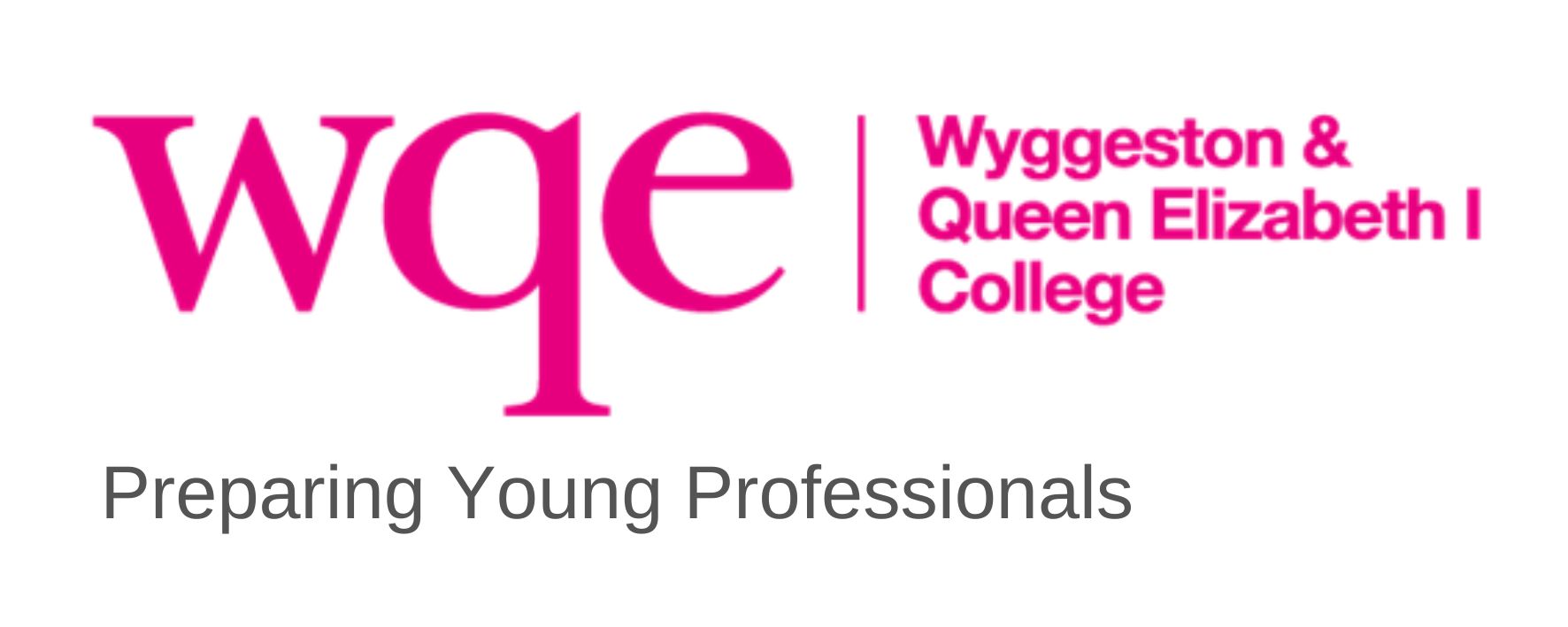Course Overview
Entry Qualifications
In addition to the standard College entry requirements (see below) this course requires students to have achieved grade 5 or above in GCSE English Language and Mathematics. It is not necessary to have previously studied Economics.
What will I study?
Economics is about how, as individuals and groups, we get the things we want to buy and the services we need and want. But economics isn’t just about money and it isn’t just about the decisions made by governments or big business. It’s about making choices – choices between different uses of limited resources – and most of the resources we need to use in our lives are limited in some way or another.
• What impact would leaving the European Union have on the UK?
• Should we pay to use a motorway?
• Why is government cutting public expenditure?
• Why do interest rates matter?
• Should students pay university tuition fees?
• Why do Premier League footballers earn high wages?
• What impact has immigration had on the UK in recent years?
How will I study?
We aim to build up students’ understanding of the concepts, ideas and theories that economists use to help understand how the economy operates. The emphasis is on using economic theory to understand relevant and topical issues. You will be expected to take an interest in current affairs, debate issues, and research economic problems. This is supported by our own YouTube Channel and the use of Twitter. Students are expected to work independently in addition to work done in class. Students are assessed on a regular basis and we also have a comprehensive range of support sessions and mentoring for when students need extra help.
How is the course examined?
The A-level consists of three papers taken at the end of the second year. Paper 1 covers Markets and Market Failure, Paper 2 focuses on the National and International Economy while paper 3 covers Economic Principles and Issues. The exams involve a mixture of data-response questions, multiple-choice questions and essays.
Where next?
The course provides an excellent basis for further study and employment in the fields of Economics, Business and Accounting. Many students take degree courses in Economics. Graduate Economists are in high demand for their analytical skills and are well prepared for careers in the public and private sectors in the UK and abroad. Careers include working in the civil service, local government, banking, accountancy, finance and management. Economics will help you get a better understanding of the world around you.
What does the course combine well with?
Economics will combine well with most other Advanced Level subjects, including Mathematics, other social sciences and humanities. Many natural science students take Economics and do well in it. Combining Economics with a foreign language helps those looking to work abroad or in a company that has overseas links.
College Entry Requirements
We normally expect applicants to have achieved good GCSE passes in at least six subjects, these must:
• demonstrate the suitability for Advanced Level study
• have been achieved at Grade 4/C as a minimum
• include two at Grade 5/B as a minimum
• include English Language – a minimum grade of 4/C
Mathematics – If not achieved within the scope of the above should normally be achieved at grade 3/D. If mathematics is not achieved at grade 4/C then it will be a requirement to continue to study at the correct level until a grade 4 is achieved. Subjects with a mathematical content will require a higher grade.

